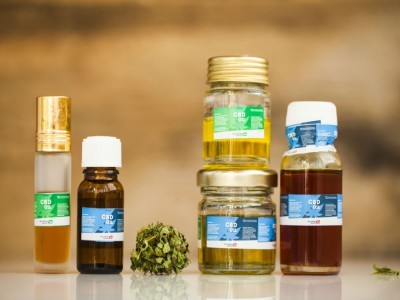Hemp

Cannabis Hemp is a natural plant known for its industrial and health benefits. This plant helps in relaxing the body without intoxicating it. Its seeds and oil are used to improve skin, hair and overall health. Its benefits have become so popular that now people prefer to order it at home. If you also want to take advantage of its benefits, then you can buy Cannabis Hemp online today. This gives you purity, quality and convenience all three together. Remember, choosing the right product is the beginning of a better life – and this plant is a natural step in that direction.
The amount of THC in the seeds of this plant is very low, so it is not consumed for intoxication but for health benefits. This article gives information in the same direction as to how to add it to your diet and what benefits can be obtained. The nutrients present in it, especially fiber and healthy fats, provide complete energy to the body. Consuming it can provide a variety of benefits to the body, including increasing energy levels and strengthening immunity. If you are looking for a good option, order CBD Hemp online can be a great decision, especially for those who want to make their diet healthy.
Its seeds do not contain phytates, which interfere with the absorption of minerals in other protein sources. They are especially good sources of minerals like magnesium, which helps in muscle activity and relaxation. Magnesium deficiency is often seen in elderly people, which can lead to problems like insulin resistance, heart disease and osteoporosis. It is better to take this seed in limited quantities as its high fat content can cause mild diarrhea in some people. If you want to get the true experience of its benefits, then start taking it in small quantities first. If you are searching for an authentic product in the market, then Hemp for sale is now easily available online as well.
